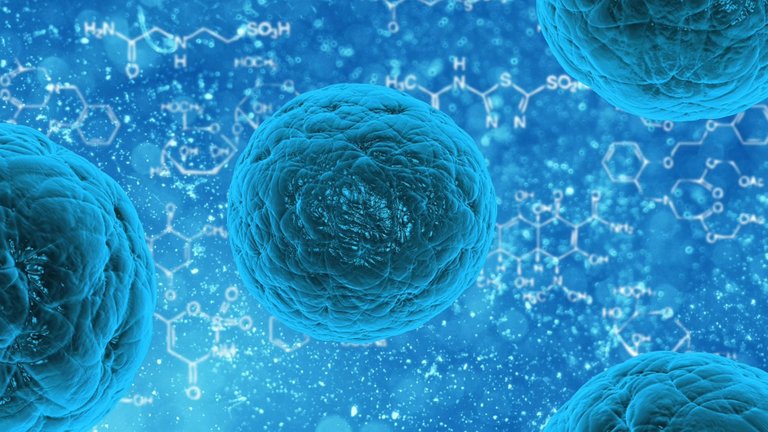Synthetic Defective Viruses Fighting Against Covid
Many viruses – including coronaviruses – create defective interfering particles called DIPs. The radically mutated genomes are stripped so much that they have almost no functional proteins. These zombie-like shadows parasite on their parents. But could we turn them into our employees?

Image by PublicDomainPictures from Pixabay
- Be also sure to check out my other posts and follow me @kralizec and subscribe to my Youtube channel at Kralizec Gaming Youtube Channel
Sometimes, humans tend to view nature and its processes as perfect. Ideal adaptations. Perfect balance. But the truth is far from this ideal. Nature is full of half-baked projects, faults, and errors that tend to quickly stack. And viruses are no exception. They might be tough enemies but they have their own tiny problems.
Since the fifties we know that practically all groups of DNA and RNA viruses have spontaneously appearing – often in large numbers – defective mutants called DIPs. But these are mutations of a virus species that lead to the creation of new deadly strains. DIPs often have brutally gutted genomes missing large or even gigantic segments often whole genes. Because of this, DIPs are usually considered non-infectious even if they may enter a host cell. They need other fully functional viruses to enter. They are almost like the undead.
The creation of DIPs is a natural process. But it can also be caused artificially in a lab and thus creating synthetic DIPs. But as you might guess, we still don’t exactly understand the workings of DIPs and their effects on fully functional viruses. But time has shown DIPs could stimulate immune systems, boost the antiviral defenses of a host, add to the creation of long-term viral infections, but also disrupt the replication of regular viruses.
The good thing for us is that DIPs cannot replicate on their own. They have to steal part of the replication apparatus from the regular virus. But when that does happen the DIP has a huge advantage over the regular virus as it replicates much faster than the standard virus. This weakens the infection. And it’s something we could use against dangerous viral infections.
Marco Archetti from the Pennsylvania State University and his colleagues create synthetic DIPs from the pandemic coronavirus SARS-CoV-2. These genomes don’t include a single functional protein yet they are capable of replicating. When these synthetic DIPs get into a cell alongside the complete virus they start to parasite on it and replicate at their expense. The result is that the viral load in these cells reduces by half in just 24 hours.
The researchers are convinced that similar synthetic defective genomes could work as an effective antiviral treatment. In this particular case against covid-19. But similar “zombie” viruses should work against other viruses as well.
Sources:
- If you like the content I’m producing about science maybe you will like the content I produce about gaming as well! Be sure to check out my other posts!